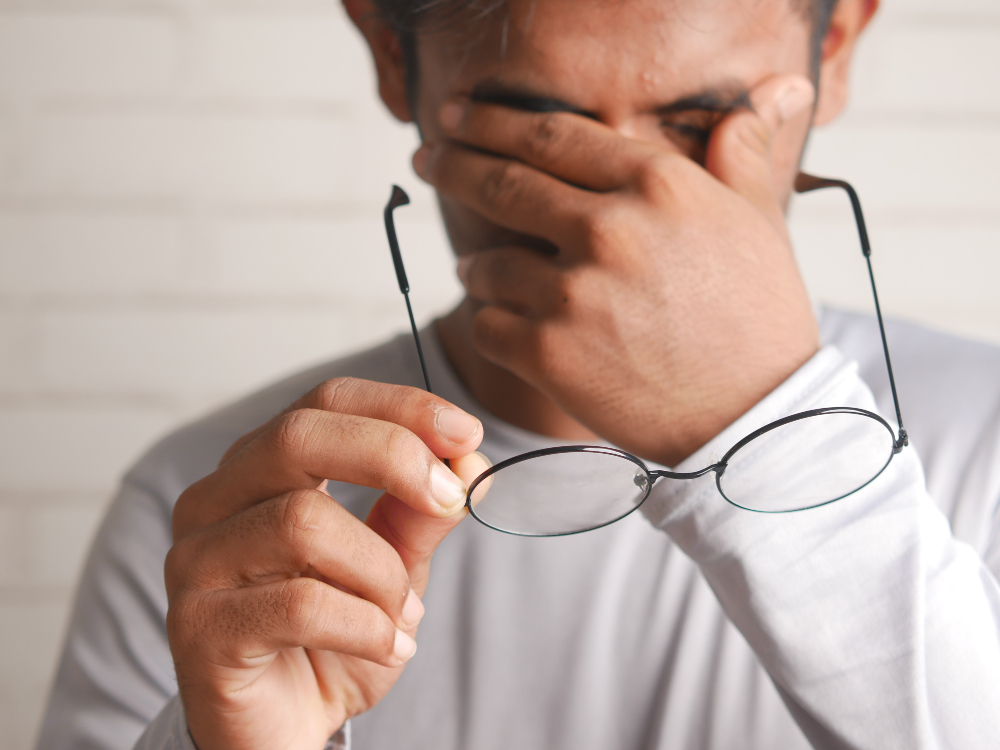- Home
- Ibogaine Treatment
- Taking Ibogaine at Tabula Rasa
- Immediate Aftercare
Immediate Aftercare
Immediate Aftercare
Under our center’s compassionate care, you will be closely monitored during your ibogaine treatment and offered immediate aftercare. Although ibogaine therapy for addiction is generally painless as it alleviates opioid withdrawals, our medical team will be on hand at all times in the unlikely event of any complications.
Before the full treatment dose, any withdrawal symptoms will be controlled and stabilized by our medical staff after your first test dosage. After the ibogaine journey, it is common to feel like it hasn’t worked, and a skeptical cynicism may set in. However, it’s essential to keep in mind that you may not have yet processed everything you’ve experienced, so it’s best to hold back your judgment during this time.

In a few days, the benefits of your treatment will become apparent, and you will begin to realize its impact. The timeline for this varies from person to person, as each individual is unique, so the treatment will affect them differently.
After your ibogaine treatment, we’ll help you with the feeling of exhaustion resulting from insomnia, caused by the ibogaine’s impact on your newly reset brain. This feeling is expected, and you need not worry as we’ll always be nearby to help.
Following addiction treatment, you’ll begin your period of recovery, which should be ongoing if you’re to remain sober.


What Is Immediate Aftercare in Recovery?
As previously mentioned, aftercare is a plan designed to support people in the initial stages of recovery to avoid relapse and achieve their goals. Such a plan usually involves a combination of interventions, activities, and resources to help you learn new techniques, strategies, and coping mechanisms to avoid and overcome triggers and cravings that may arise as you return to your daily life. Although every person is different, the following are some common goals and activities of a sound aftercare plan.
Objectives and Actions of a Sound Aftercare Plan
• Attending regular twelve-step or other recovery meetings
• Finding a mentor who has been sober for an extended period after recovery
• Participating in the recovery center’s program
• Making maintaining sobriety a top priority
• Engaging in cognitive-behavioral therapy (CBT)
• Combining holistic practices such as yoga, breathwork, meditation, cold exposure, exercise, and healthy nutrition.
Developing and adhering to an aftercare plan is a critical step in guaranteeing and reinforcing sobriety after rehab, as the risk of relapse is significantly higher in the first few months. Statistics indicate that anywhere from 40% to 60% of people recovering from addiction may experience a momentary relapse and return to substance abuse. Thus, the aim is to build and maintain a support network to avoid this outcome.
The sooner you have a personalized plan in place, the better your chances of remaining sober and, one day, mentoring or sponsoring those embarking on their own recovery journey.

